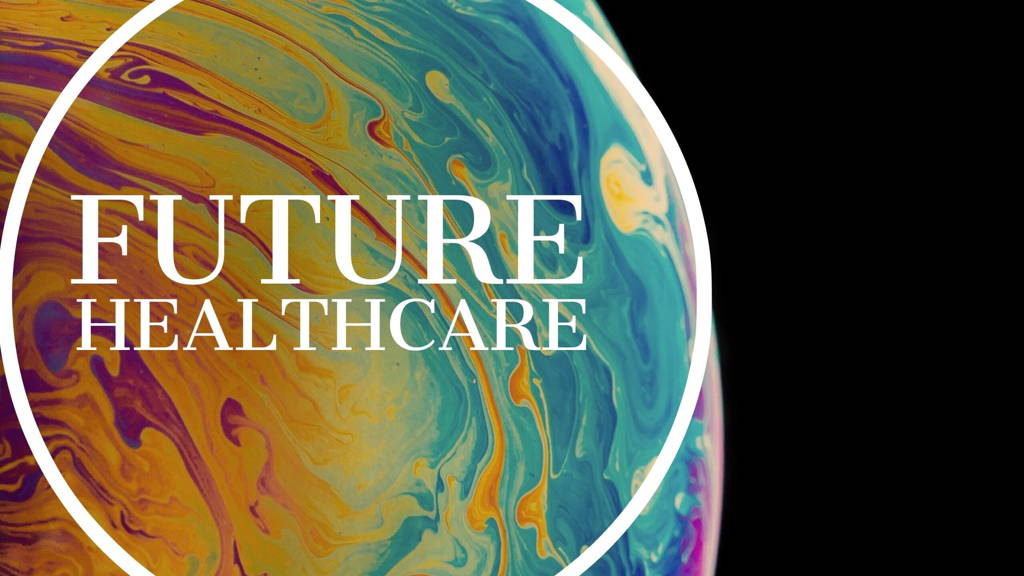The subject of digital health now not only appears in scientific journals but is also taking normal newspapers by storm. They show the social and technological changes that we are witnessing like nothing else in the field of new technologies. The discussion is about the opportunities that digital health gives us and the fears that healthcare as we know it might soon be gone.
On the one hand, we hope to get more precise diagnoses and more personalized preventive care. On the other hand, we are afraid of the algorithms and AI taking over more and more duties of the doctors. There are some things which machines are simply better at. But thanks to this, what is specific to humans – empathy, sympathy, help and understanding – will become even more valuable. Healthcare will rely on those characteristics, once the technology dominates the repetitive and predictable tasks that do not require human interference.
What is important for people from outside the new technological fields can be learnt from articles published in the press all over the world. The titles speak for themselves: “thanks to virtual healthcare millions of dollars could be saved”, “the interest of Apple and Amazon in the healthcare business is a sign of coming change”, “the role of robots in elderly care”, “the doctor will see you now, on a smartphone”, “how will healthcare look in the era of virtual assistants”, “this new AI system can diagnose psychosis only by listening to your voice”, “the trust in AI and the fear of it – a debate dividing the society”, “virtual reality in hospitals helps to ease the pain”, “by 2020 one in five healthcare organizations is going to use blockchain”.
It will be a hard transformation for the sectorIn the huge number of articles, one can distinguish a few common themes. It will be a hard transformation for the sector. Even today, technological evolution requires the doctors and others to constantly update their knowledge and acquire new (digital) expertise. We are facing many questions regarding the use of AI in healthcare which we will have to answer, and several issues which will need regulation. Whether the benefits outweigh the risks depends on how the changes will be conducted and on whether or not we get too blinded by the wonders of new technology. “The world is changing, society is changing, technology is changing, and so health(care) is. And it does so at ever increasing speeds. Platforms like Facebook, YouTube, Spotify, and Amazon have entered our life and are here to stay. Many of these platforms did not exist 15 years ago, and some of them will no longer exist in 10 years from now,” claims Lucien Engelen, Edge Fellow of the Deloitte Center for the Edge, in the prologue of his book “Augmented Health(care)”. “New players like Apple, Amazon, and Google (Verily) first explored the healthcare scene and now aggressively fight for (the data of) patients, offering a consumer-friendly user interface and removing the friction that the traditional silo-structured healthcare industry has been reluctant to address,” adds the digital health expert. The digitization of health has only just begun, and nothing can stop the “digital shock wave”.








